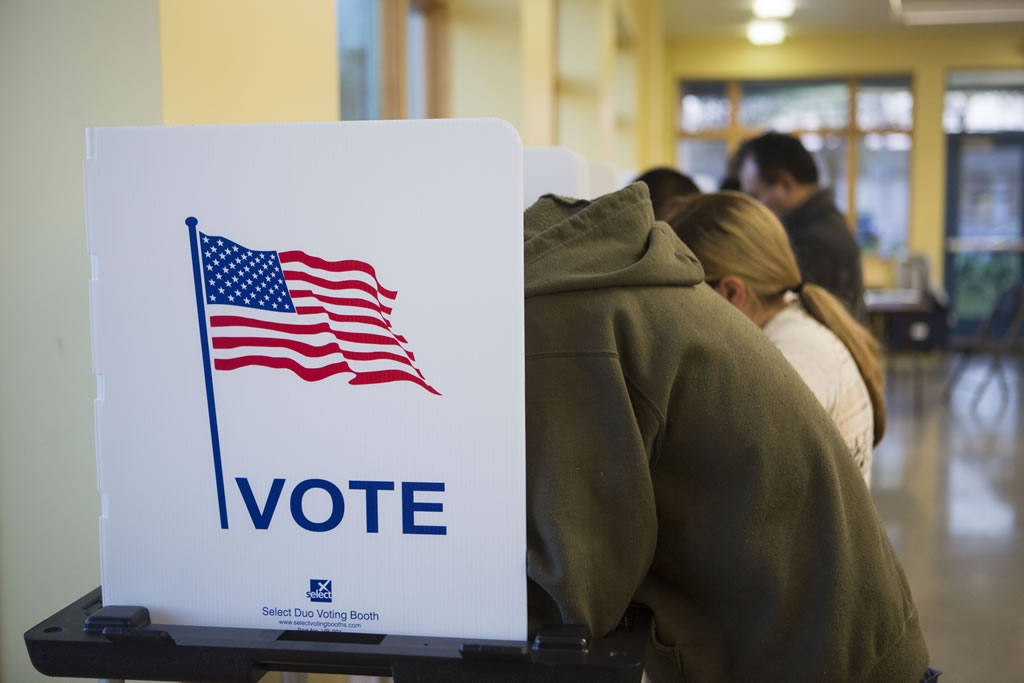The Wisconsin Elections Commission plans to seek guidance from the Legislature to clarify procedures for mailings to voters who may have moved.
The decision at Monday’s meeting comes after the conservative Wisconsin Institute for Law & Liberty in October challenged the legality of the WEC’s prior decision to give those voters up to 24 months to respond before being pulled from the rolls.
WILL in its filing argued the move violates a state statute requiring a voters’ registration to be changed to inactive if they do not respond to the mailing “within 30 days of the date the notice is mailed.”
But WEC has maintained it is “confident it is complying with Wisconsin law” and in the meeting materials today noted the language of the statute highlighted in the WILL suit applies only to “actions of municipal clerks and the City of Milwaukee Election Commission… not to the WEC.”
>> WisPolitics is now on the State Affairs network. Get custom keyword notifications, bill tracking and all WisPolitics content. Get the app or access via desktop.
Still, WEC staffers have been analyzing the legal framework for the ERIC mover mailing since March with an eye on seeking procedural clarity.
And with “significant and increasing public attention” on voter roll maintenance, staff counsel Michael Haas Monday requested commissioners formally direct staff to either request the Legislature pass laws that establish specific procedures or give the agency rulemaking authority. Haas added the commission could also continue operating under the current legal framework.
But Commissioner Robert Spindell, attending his first meeting after being appointed by Senate Majority Leader Scott Fitzgerald to replace former Commissioner Jodi Jensen, highlighted divided government in the Capitol and said outreach to lawmakers would ultimately be a “waste of time.”
He instead advocated a fourth option: allowing the WILL lawsuit to play out in court. Spindell noted shortly after he had been “encouraging such a lawsuit” and consulted with WILL on its filing prior to his appointment.
“Just let it slide and see what happens to the court cases,” he said.
But commission Chair Dean Knudson countered that it would be “hasty” to choose not to reach out to lawmakers simply because of divided government.
“Here we are, a bipartisan board, and I would wager I could get consensus here that it would be helpful if either the Legislature would clarify this or if they’d grant us rulemaking authority. And it seems to me that legislators of both parties are likely to see that same thing,” Knudson said.
He added that while the WILL suit may provide clarity on how to handle so-called “movers,” the ERIC system had a litany of other issues that would not be resolved by a court decision.
Knudson and four other commissioners ultimately backed a motion by Commissioner Mark Thomsen to direct staff to begin reaching out to lawmakers to determine whether the best path forward was legislation governing the ERIC program or a proposal to grant WEC the rulemaking authority to fully implement the multi-state ERIC agreement.
Spindell was alone in opposing the measure.
There is a hearing Thursday in the WILL suit, and the group’s president and general counsel, Rick Esenberg, responded to Monday’s action: “WEC is free to ask the Legislature to change the law. But until the law is changed, the commission must follow it.”
See the materials starting on page 101:
https://elections.wi.gov/

